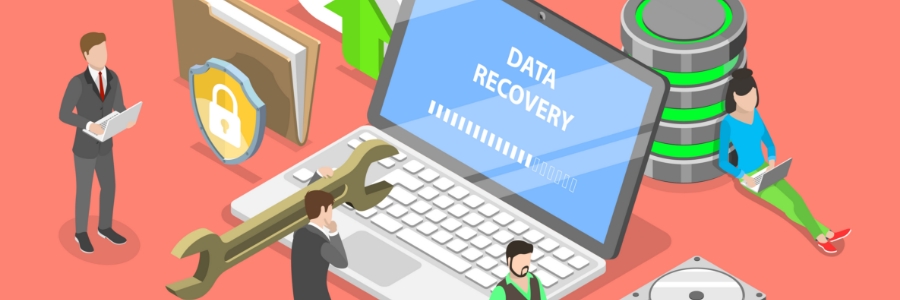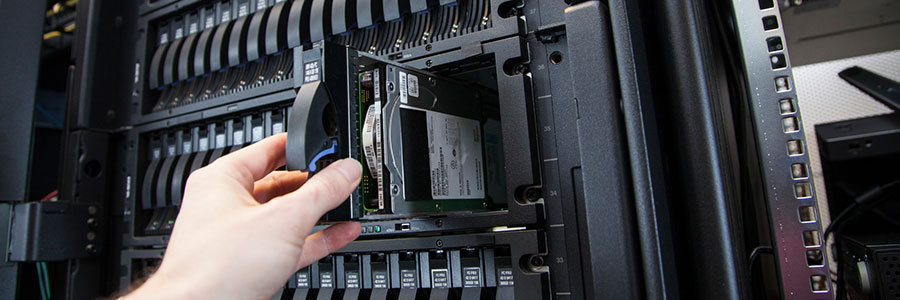Unforeseen events such as natural disasters, power outages, and cyberattacks can immensely disrupt business operations, resulting in significant financial loss and reputation damage. Therefore, having a solid business continuity plan in place is crucial for any organization's survival.
Essential tactics to ensure business continuity
The 5 most common data backup solutions

For any business, data is more than just information; it's an invaluable asset that drives decision-making and strategy. Losing data can result in massive setbacks and even threaten the very existence of your organization. This is where data backup solutions come into play — they provide a way to securely store and retrieve important data in case of system failures, human error, or cyberattacks.
5 Data backup best practices to protect your business from ransomware

Backups are crucial to businesses, as they provide a safety net in the event of data loss, but they're even more critical in the event of a ransomware attack. This is because ransomware encrypts some or all of a business's data, effectively cutting access to live files and forcing users to rely on their backups to keep operations going.
How to protect your business from hurricanes

In 2021, the United States experienced one of the most active storm seasons on record, upsetting businesses already dealing with a pandemic. For companies without a good disaster recovery plan, the consequences were devastating. This is why your business should have a hurricane disaster recovery plan.
How to secure your data using File History in Windows 10

Whether you use a Windows 10 laptop or desktop for work or personal use, you’ll realize that it can quickly accumulate a large amount of data. Hardware failure, cyberattacks, and natural disasters can put this data at risk of being lost forever. Backing up your data regularly is the best way to prevent data loss, and here’s how you can do it.
Top security tips for remote workers
What to do if your backup plan fails: An SMB’s guide to disaster recovery

Disasters come in many forms, from natural calamities like hurricanes to man-made ones such as data breaches. They can also strike without warning. If you don't have a disaster recovery plan (DRP) in place, expect that your small- or medium-sized business (SMB) in Canada will be in big trouble when things go wrong.
Ensuring business continuity with cloud technology
Security best practices for BYOD policies

Bring your own device (BYOD) policies give employees the flexibility to use devices they are comfortable with while allowing businesses to reduce hardware spending. However, BYOD also carries plenty of security risks.
Loss or theft of devices – Employees often bring their personal devices wherever they go.
7 Steps to making your data hurricane-proof

Hurricanes are a common occurrence in many parts of the United States. Not only do they destroy property and endanger lives, but they can also disrupt your business’s operations. In this blog, we offer tips on how you can ensure fast access to your data following a disaster and immediately get back to business.
- 1
- 2


